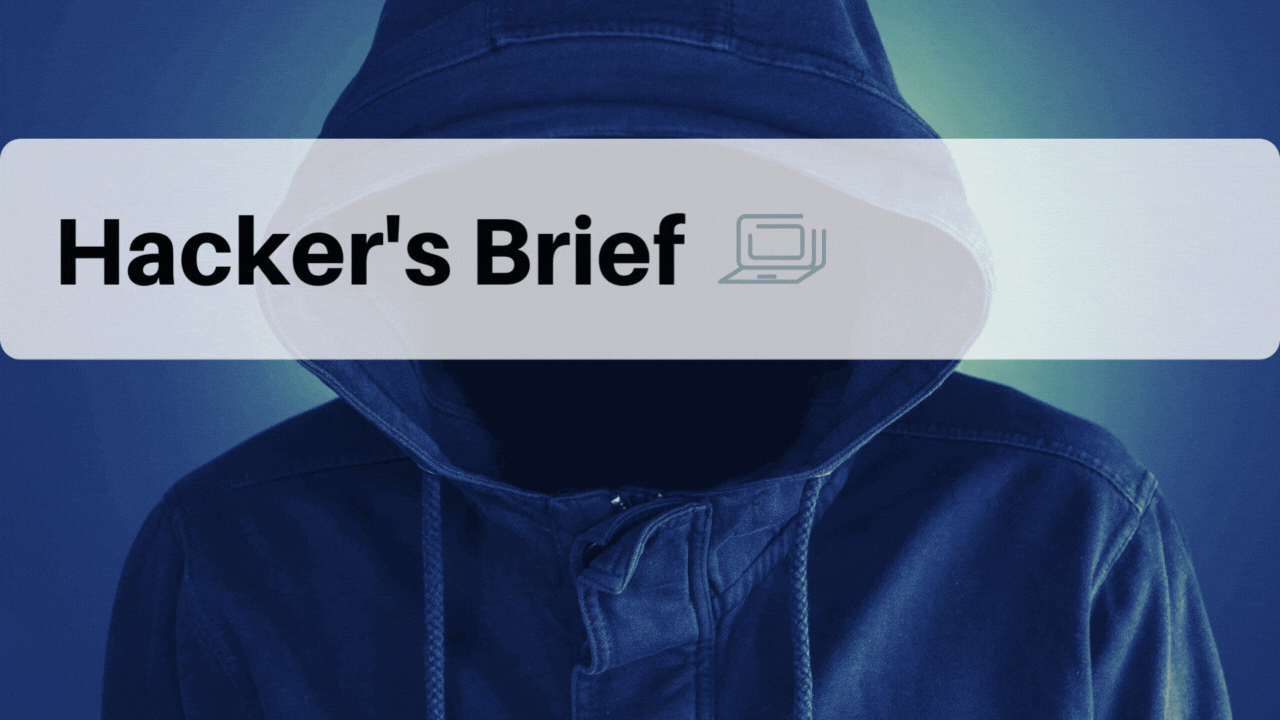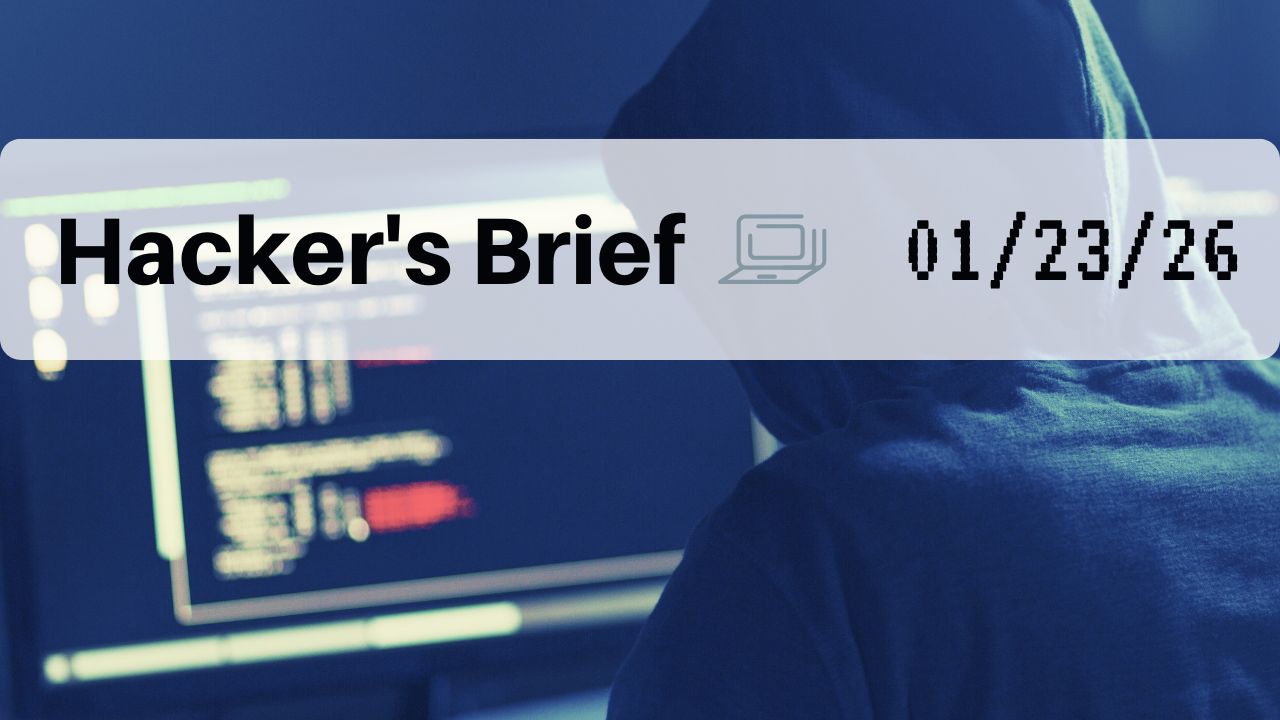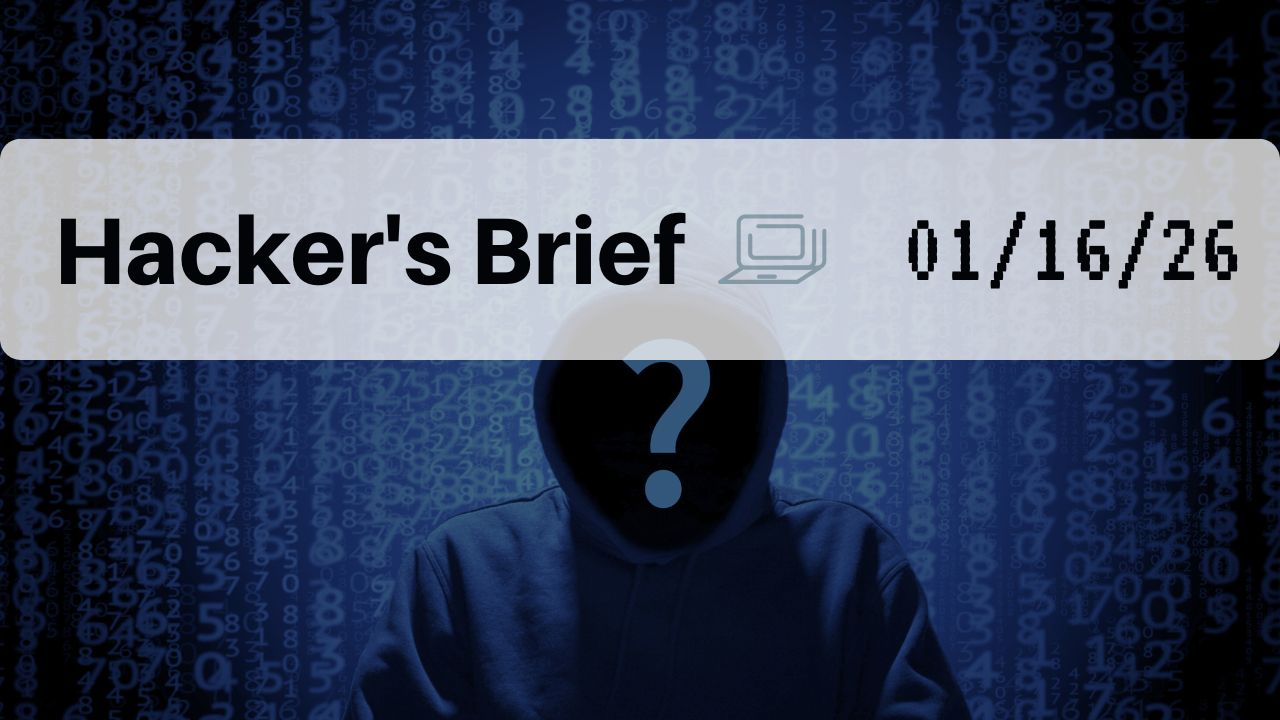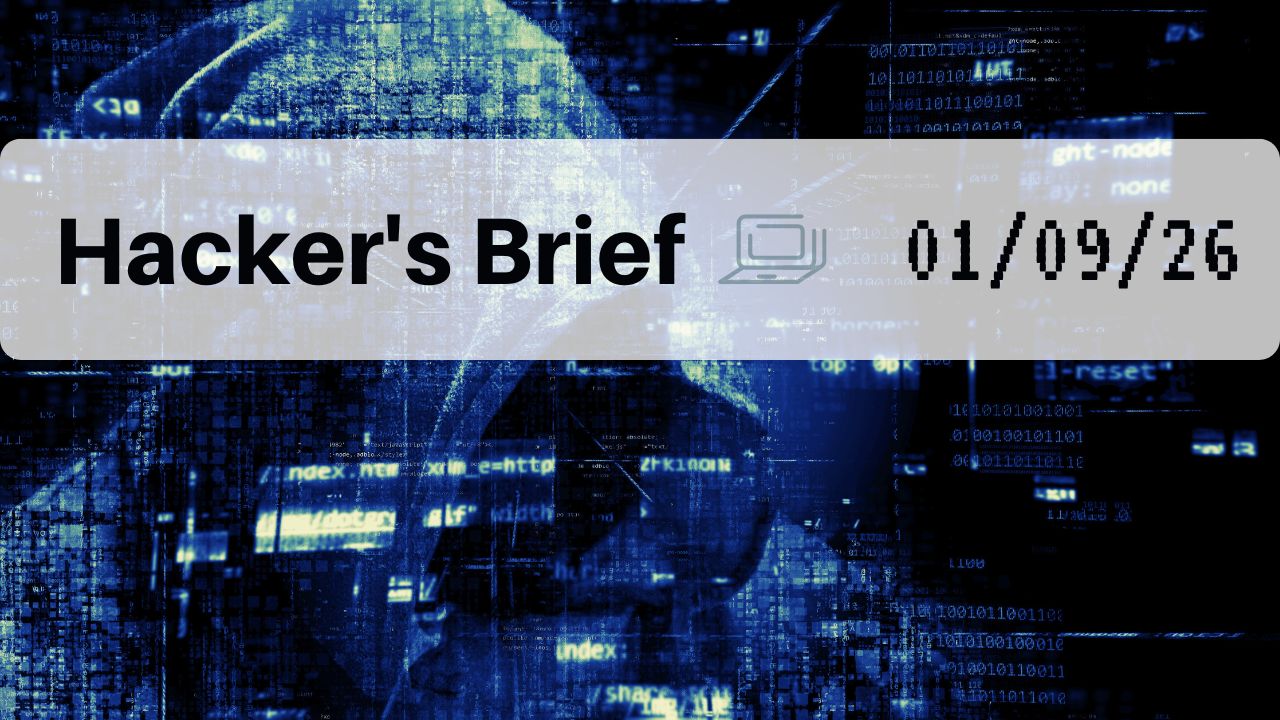
www.wyocan.org
www.cyberwyoming.org/alliance
307-223-1265, PO Box 2332, Laramie, WY 82073
Phishing for Players:
A Laramie resident reported receiving a scam email impersonating Electronic Arts (EA) from a sender address ending in @e.ea with the subject “Welcome to Your EA Account.” The message welcomed the recipient and claimed their EA account was ready to use, even though they had not signed up for one. It also instructed them to click a link to view the message online, update account information, and manage security settings. Although the email included EA branding, legal disclaimers, and links to appear legitimate, they determined it was a phishing attempt and reported it. CyberWyoming Note: Do not click on links or download attachments from unexpected emails, especially if you did not create an account with the sender. Verify the legitimacy of the message by checking the official website directly and report suspicious emails as phishing.
Fake Freebies:
A Wyoming resident reported receiving a scam text from a Connecticut (860) area code. The message offered a fake “FREE moringa Wellness Bundle giveaway” and included a suspicious link from a mypasspass domain, with an instruction to reply “STOP” to opt out. CyberWyoming Note: This scam uses a fake giveaway and a suspicious link to trick recipients into clicking or confirming their number by replying, potentially leading to phishing or malware. Do not click links or reply. Report, block the number, and delete the message.
Windows 10 Support Ending Next Month:
Microsoft will end support for Windows 10 on October 14, 2025, which means no more security updates, patches, or technical help. While your PC will still work, it will become more vulnerable to cyberattacks, software issues, and compliance risks. Businesses especially should act now to protect data and avoid costly disruptions. Since not all Windows 10 devices meet the upgrade requirements for Windows 11, options include buying a new PC, enrolling in Extended Security Updates (ESU), switching to Linux, or continuing with Windows 10 at your own risk. Whatever you choose, always back up your important files before making changes.
– Brought to you by Digeteks
digeteks.com/blog/windows-10-support-ending-next-month-heres-what-it-means-for-you
When Job Scams Target Companies and Consumers:
A recent surge in employment fraud is targeting U.S. companies, with sophisticated actors using AI-enhanced resumes, stolen identities, and fake online profiles to infiltrate organizations. Socure, a provider of Digital Identity Verification and Fraud Prevention Solutions, has uncovered these schemes, which are sometimes linked to foreign operatives, highlighting serious security risks including potential access to sensitive data, intellectual property theft, and money laundering. Traditional hiring processes that rely on background checks and I-9 verification often fail to detect these synthetic identities, especially in remote roles. Socure emphasizes the need for early, passive identity verification using tools such as risk scoring, device intelligence, and document validation to detect fake applicants before they enter the organization. Real-world examples show how AI-generated interviews and fabricated resumes can deceive recruiters, underscoring that in today’s hiring environment, identity functions as the first line of defense.
– Brought to you by Government Technology
govtech.com/hiring-the-enemy-when-job-scams-target-companies-and-consumers-alike
FBI PSA: Russian Hackers Threaten Networks:
The FBI’s Internet Crime Complaint Center (IC3) is warning that Russian government hackers, specifically the FSB’s Center 16 unit (also called “Berserk Bear” or “Dragonfly”), are targeting networking devices and critical infrastructure worldwide, including in the U.S. They exploit outdated or unpatched devices using vulnerabilities in Cisco devices and unsecure protocols like SNMP. These hackers have been gathering and sometimes changing device settings to gain unauthorized access and gather information about networks, especially systems used for industrial control. The FBI advises checking your networking devices for unusual changes or malware and reporting any suspected attacks to the FBI or the Internet Crime Complaint Center (IC3).
– Brought to you by the FBI
ic3.gov/PSA/2025/PSA250820
AI-Assisted Fraud:
AI-enabled scams are emerging as a modern twist on old tricks, where scammers create fake web addresses and phone numbers, then generate artificial traffic linking these phony contacts to legitimate organizations. Because AI systems operate on statistical relationships, they can inadvertently learn to associate these fraudulent numbers and websites with real companies. As a result, unsuspecting individuals who ask AI for information about an organization may be given scammer-controlled contacts instead of legitimate ones. A striking example is Alex Rivlin, a Las Vegas real estate company owner, who fell victim while trying to book a shuttle for a European cruise. Searching Google for the cruise company’s customer service number, he was directed by Google’s AI-generated “AI Overviews” to a fraudulent number. The impostor representative convincingly provided shuttle details and persuaded Rivlin to pay $768. Only after seeing suspicious credit card charges, he realized he’d been scammed. Scammers often post fake numbers widely online until search engines and AI systems reinforce their credibility. Experts advise cross-checking numbers with official company sources and being cautious with AI-generated answers. Rivlin’s experience highlights that even informed users are vulnerable to AI-assisted deception, underscoring the need for both companies and individuals to remain vigilant.
– Brought to you by David Horton & example brought to you by Yahoo News
yahoo.com/news/articles/google-ai-pointed-him-customer-185643548.html
MS-ISAC and CISA Patch Now Alert:
The Multi-State Information Sharing and Analysis Center (MS-ISAC) or the Cybersecurity & Infrastructure Security Agency (CISA) has published a patch now (update your software) alert for Google Chrome and Google Android OS. If you use either of these products, make sure the software (or firmware) is updated.
Data Breaches in the News:
TransUnion, Blue Shield Insurance, Zscaler, and Palo Alto Networks. Note: If you have an account with these companies, be sure to change your password and consider placing a credit freeze on your accounts through the three credit reporting agencies: TransUnion, Experian, and Equifax.
Please report scams you may experience to phishing@cyberwyoming.org to alert your friends and neighbors.
Other ways to report a scam:
- Better Business Bureau Scam Tracker: bbb.org/scamtracker/us/reportscam
- Wyoming Attorney General’s Office, Consumer Protection
- File a complaint with the Federal Trade Commission at reportfraud.ftc.gov
- Get steps to help at www.IdentityTheft.gov
- Report your scam to the FBI at www.ic3.gov/complaint
- Reported unwanted calls to the Federal Trade Commission’s Do Not Call Registration. Online at donotcall.gov/report.html or call 1-888-382-1222, option 3
- Office of the Inspector General: oig.ssa.gov
- If you believe someone is using your Social Security number, contact the Social Security Administration’s (SSA) fraud hotline at 1-800-269-0271.
- AARP Fraud Watch Network (any age welcome) Helpline 877-908-3360
- IRS: report email scams impersonating the IRS to phishing@irs.gov
- Call the Wyoming Senior Medicare Patrol (SMP) for assistance with potential Medicare fraud, abuse, or errors at 1 800 856-4398
- Victim Support: The AARP Fraud Watch Network and Volunteers of America (VOA) created a new, free program to provide emotional support for people impacted by a scam or fraud, called ReST. Visit www.aarp.org/fraudsupport to learn more about the free program and register








